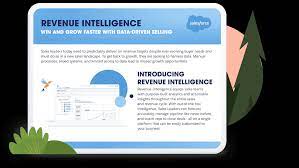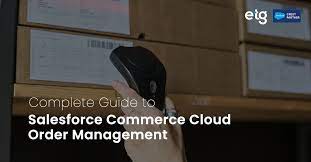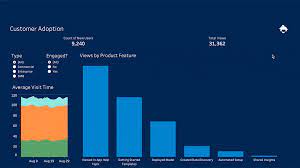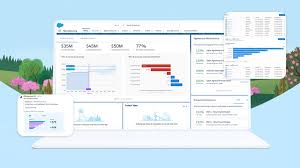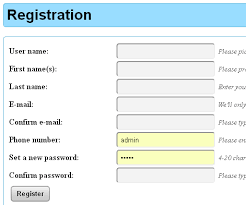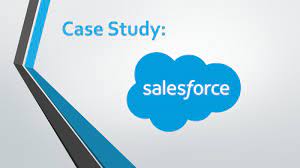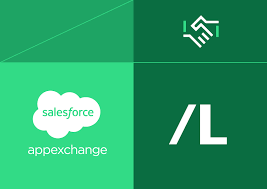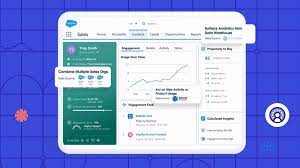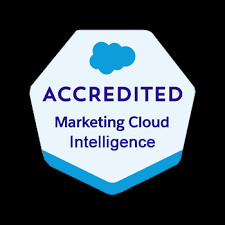Salesforce Revenue Intelligence
Achieve Sales Targets and Ensure Forecast Accuracy with Revenue Intelligence Salesforce Revenue Intelligence is a powerful data-driven sales solution designed to help sales teams hit their targets, grow pipelines, and ensure accurate forecasts. By combining Tableau CRM dashboards and analytics with a visual pipeline progress flow chart in Pipeline Inspection, Revenue Intelligence offers a comprehensive view of your sales pipeline. Key Features of Revenue Intelligence Unified Sales Insights Revenue Intelligence integrates several advanced tools, including: These features leverage AI, forecasting, and customer engagement data to help your sales team confidently close deals and drive revenue growth. Available for an Additional Cost Revenue Intelligence and its robust features are available as an add-on. For detailed pricing information, please contact your Salesforce account executive. Enhance Revenue and Build Stronger Pipelines with Revenue Insights Comprehensive Performance Insights Revenue Insights empowers sales teams with crucial performance insights to build stronger pipelines, improve forecast accuracy, and generate more revenue. It offers three embedded dashboards: Dynamic Pipeline Visualization With Pipeline Inspection, users can track changes in their pipeline dynamically. The Flow tab displays changes to opportunities across different forecast categories over time, allowing users to filter and focus on the most relevant data. By leveraging Salesforce Revenue Intelligence, sales teams can achieve unprecedented clarity and control over their sales processes, ensuring consistent growth and success. Like1 Related Posts Salesforce OEM AppExchange Expanding its reach beyond CRM, Salesforce.com has launched a new service called AppExchange OEM Edition, aimed at non-CRM service providers. Read more The Salesforce Story In Marc Benioff’s own words How did salesforce.com grow from a start up in a rented apartment into the world’s Read more Salesforce Jigsaw Salesforce.com, a prominent figure in cloud computing, has finalized a deal to acquire Jigsaw, a wiki-style business contact database, for Read more Health Cloud Brings Healthcare Transformation Following swiftly after last week’s successful launch of Financial Services Cloud, Salesforce has announced the second installment in its series Read more

